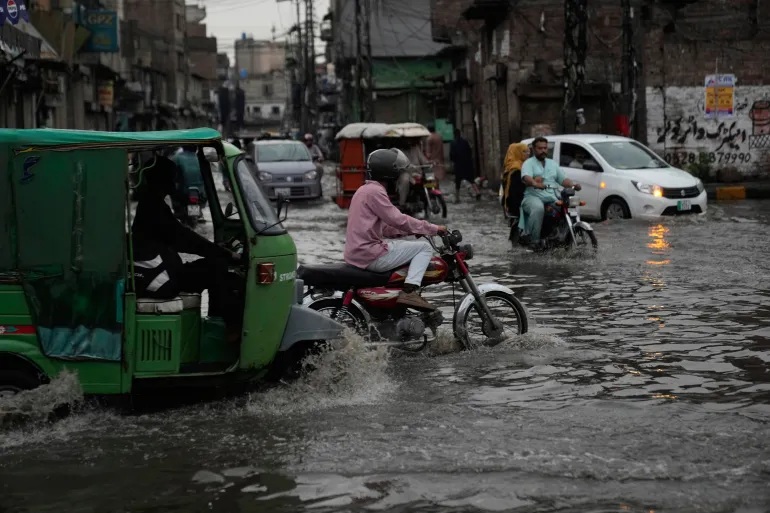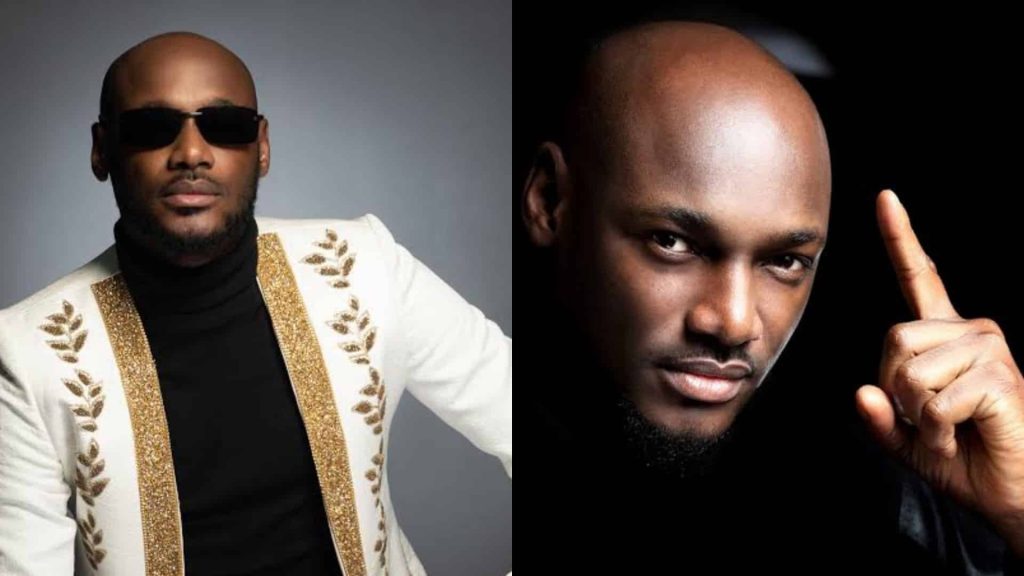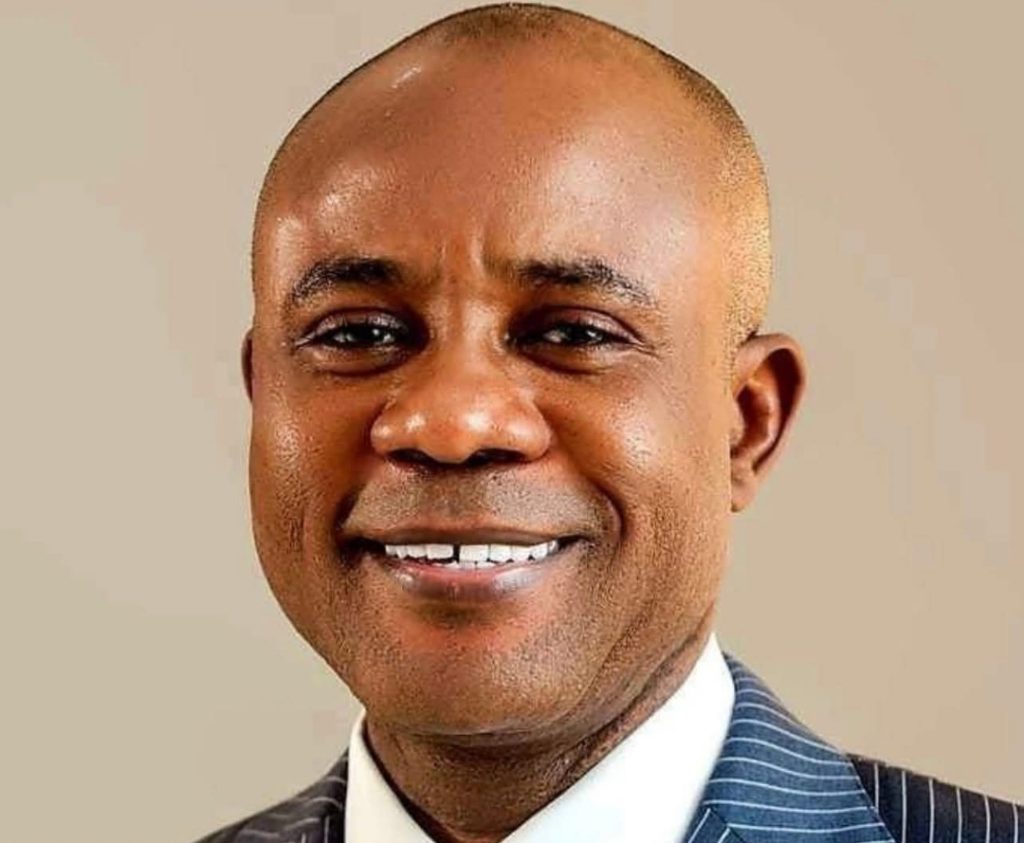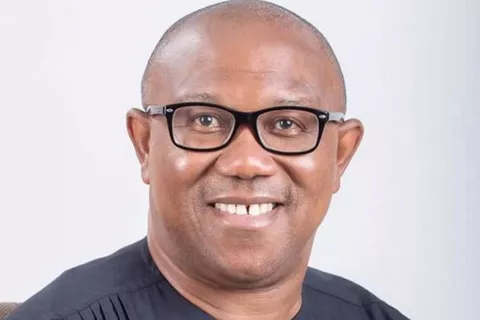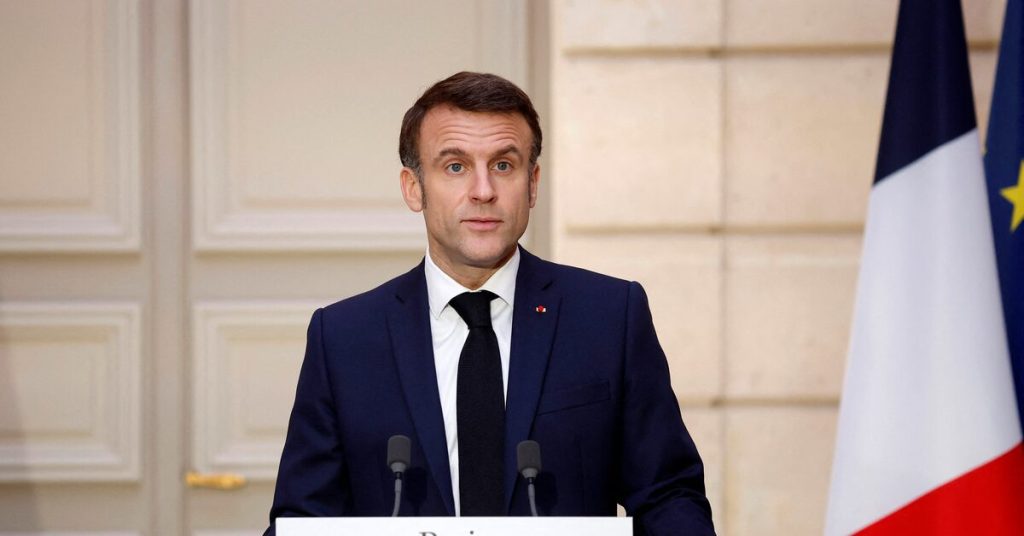Africa
Racism in the church: Pope can never be given to a Nigerian

A recent online report has sparked a fresh debate among Africans regarding the Vatican’s topmost position — the papacy.
The report claimed that Cardinal Francis Arinze was once considered for Pope but was allegedly sidelined due to racism.
Cardinal Arinze, a Nigerian, is one of the most respected African clergy in the Catholic Church’s global structure.
He has served in the Vatican for decades and held powerful positions, including Prefect of the Congregation for Divine Worship.
When Pope John Paul II died in 2005, many African Catholics hoped Arinze would become the first Black Pope.
His long-standing service, deep faith, and global influence made him a strong contender for the papacy at the time.
However, the position eventually went to Pope Benedict XVI, a white European from Germany.
Observers have since raised concerns that the papacy may be structurally tilted against non-European aspirants.
Critics argue that skin color and origin play subtle roles in the papal selection process, though not openly discussed.
Some Africans believe the Vatican remains Eurocentric, with limited space for true racial inclusivity at leadership levels.
A commentator remarked: “If heaven were real, the West wouldn’t have told us. They only sell what they don’t want.”
The statement reflects deepening distrust between African faithful and the Western religious elite.
There is a belief that the West dominates global religions, while marginalizing African voices and candidates.
Many African Catholics feel sidelined in major decisions affecting the global church community.
Cardinal Arinze was seen as the “chosen one” by many African faithful but never made it to the top.
The papal conclave, made up of cardinals, is responsible for electing a Pope after one dies or resigns.
Despite Arinze’s qualifications, voting patterns reportedly favored European candidates due to bloc interests.
Europe still holds the highest number of voting cardinals, giving them political dominance during the election.
Africa, despite its large Catholic population, has fewer cardinal electors at the Vatican.
This imbalance naturally affects the chances of any African cardinal becoming Pope.
The majority of cardinals are from Europe and Latin America, where church politics heavily favor traditional power bases.
Language, cultural familiarity, and regional alliances also play significant roles in the final papal decision.
Historically, nearly all Popes have come from Europe, particularly Italy, which still has strong influence.
Some suggest that a Black Pope may threaten established traditions and create fear of radical changes in Vatican policies.
Concerns about colonial history, racism, and religious imperialism make it difficult to separate faith from politics.
The Catholic Church is seen as universal, but its leadership often does not reflect true global diversity.
While Popes have praised inclusiveness, the top seat remains elusive for Africans and people of color.
Until voting patterns change and diversity increases, African hopes for a Black Pope may remain a dream.
Cardinal Arinze, now retired, still inspires millions but never wore the crown of Saint Peter.
Whether deliberate or systemic, the exclusion of African clergy from top leadership raises serious moral questions.
The church must reflect the face of its global community if it seeks to remain relevant in a changing world.
Until then, Africans may continue to feel like outsiders in a religion that calls them brethren.
For Diaspora Digital Media Updates click on Whatsapp, or Telegram. For eyewitness accounts/ reports/ articles, write to: citizenreports@diasporadigitalmedia.com. Follow us on X (Fomerly Twitter) or Facebook



